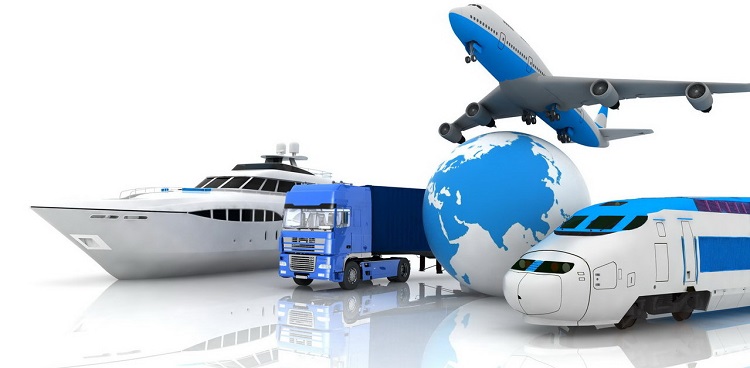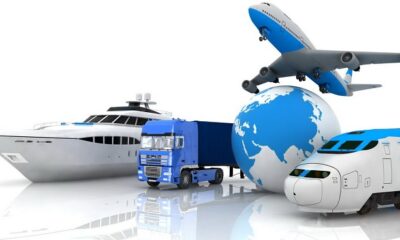Business
Expert Transport Services: Streamlining Your Supply Chain Efficiency

Efficient transport services are the backbone of modern supply chains. As businesses strive for competitiveness and customer satisfaction, the role of expert transport solutions becomes increasingly pivotal. These services ensure that goods move from origin to destination reliably, quickly, and cost-effectively. They also adapt to the complexities of global trade, where meticulous coordination and timing are non-negotiable.
Supply chain management is a sophisticated dance of strategic planning, real-time decision-making, and thorough execution. Expert transport providers excel in navigating through diverse logistical challenges. They use advanced technology, extensive knowledge, and a network of resources to maintain the flow of goods. Seamless supply chain operations contribute to a company’s agility, enabling it to meet demand spikes and manage inventory efficiently.
A robust transport strategy is crucial for minimizing disruptions and maintaining a transparent supply chain. Such strategies can encompass a range of services, from freight and warehousing to last-mile delivery and reverse logistics. Businesses that partner with seasoned transport services can expect to see improvements in shipping times, cost reduction, and overall supply chain visibility. This partnership allows companies to focus on their core operations, confident that their logistics needs are in capable hands.
Understanding Expert Transport Services
Transport services are the backbone of effective supply chain management, ensuring the smooth transit of goods from origin to destination.
Significance in Supply Chain Management
Expert transport services are vital in connecting all the dots within the supply chain. They ensure products are delivered efficiently, meeting the demands of both businesses and consumers. Effective transportation systems contribute to the strength of global trade, supporting economic growth by moving goods across borders.
- Timeliness: Ensuring products arrive when expected.
- Reliability: Maintaining the condition of goods during transit.
- Cost-efficiency: Optimizing expenses related to transportation.
Key Components of Transport Services
Several critical elements form the infrastructure of robust transport services:
- Logistics Management: Streamlining operations from warehousing to delivery.
- Fleet Management: Supervising a range of vehicles tailored to different cargo types.
- Tracking Technology: Utilizing GPS and other systems for real-time updates.
These components work together to create a seamless transportation process, which is essential for customer satisfaction and the reduction of operational costs.
Selecting the Right Transport Partner
Choosing an expert transport service provider is crucial for the smooth operation of any supply chain. Here are key considerations:
- Industry Experience: Proven track record in handling similar products.
- Service Quality: A reputation for reliability and efficiency.
- Cost Structure: Transparent pricing without hidden fees.
Businesses should thoroughly vet potential partners to ensure alignment with their logistics needs and long-term strategic goals. The right partner can greatly enhance supply chain dynamics.
Implementing Seamless Supply Chain Solutions
To excel in supply chain management, companies must leverage advanced technology, optimize logistics costs, and continuously measure and tweak their performance strategies.
Technological Integration for Efficiency
In today’s fast-paced market, integrating cutting-edge technology is vital for supply chain efficiency. Businesses should consider the following:
- Software Solutions: Implement Enterprise Resource Planning (ERP) systems to streamline processes from manufacturing to customer delivery.
- Automation: Leverage robotics and AI to reduce manual errors and speed up operations.
Managing Logistics and Transportation Costs
Effective cost management in logistics and transportation is a cornerstone of a profitable supply chain:
- Negotiation: Work closely with carriers to negotiate better rates.
- Route Optimization: Utilize GPS and routing software to find the most cost-efficient routes.
Measuring Performance and Improving Strategies
Continuous improvement is critical for staying ahead in the industry:
- KPIs: Measure Key Performance Indicators like delivery times, order accuracy, and customer satisfaction regularly.
- Feedback Loops: Implement systems for real-time feedback to adjust strategies swiftly and effectively.















You must be logged in to post a comment Login